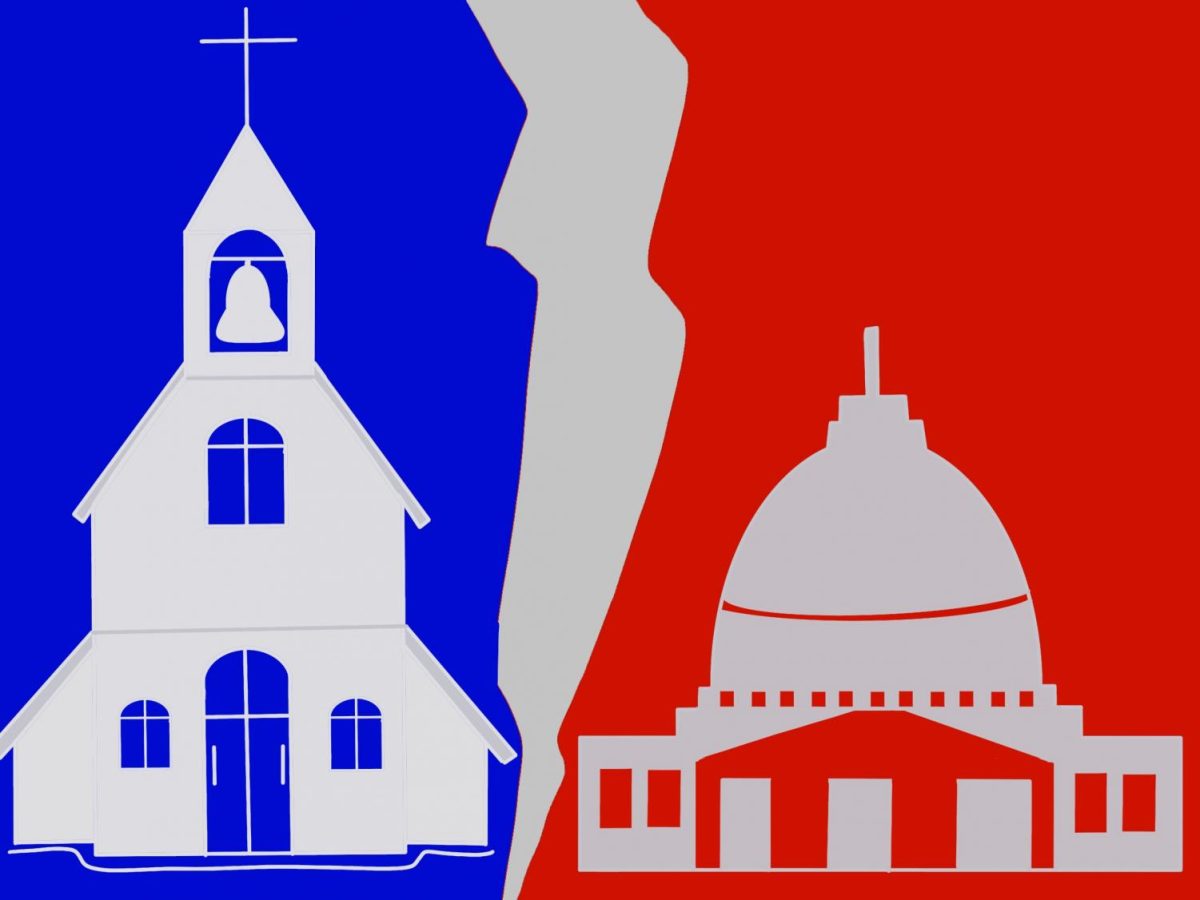In an era where the boundary between church and state is increasingly blurred, recent legislative moves threaten to transform classrooms into places where religious education takes precedence over secular education. With the introduction of laws mandating religious displays in public schools, this core principle is eroding.
The Constitution has been the bedrock of American democracy for over 200 years. The First Amendment deeply enshrines the principles of religious freedom and separation of church from state. Republican Governor Jeff Laundry signed Louisiana House Bill 71 on June 19, 2024, requiring all public schools to display the Ten Commandments in “large, easily readable font.” He argued, “If you want to respect the rule of law, you’ve got to start from the original lawgiver, which was Moses.” The bill must be repealed because its principles and premise violate the Establishment Clause of the First Amendment: “Congress shall make no law respecting an establishment of religion…” The exact meaning of “establishing a religion” has long been debated. In Lemon v. Kurtzman (1971), the Supreme Court established the three-pronged “Lemon” test, which offers parameters used to determine whether a law violates the Establishment Clause. The “Lemon” test specifies that the government may aid religion if it meets three criteria: (1) “the primary purpose of the assistance is secular,” (2) “the assistance must neither promote nor inhibit religion,” and (3) “there is no excessive entanglement between church and state.”
If not for Governor Laundry’s comment, supporters of the bill could argue that it serves a secular purpose. However, as the governor’s claim demonstrates, the bill inflicts religious values onto students. Justifying a bill by citing Moses—a religious figure—as “the original lawgiver” proves that the legislation serves a primarily non-secular purpose. Arguing that the bill violates the second or third prong would be fruitless because doing so would rely solely on interpretation. Still, a violation of the first prong is sufficient in violating the Establishment Clause.
Regarding the Ten Commandments as “historically significant” to assert their “secular purpose” disregards the significance of other non-Christian religious documents such as the Sharia; who is to say the Ten Commandments are more historically significant than the Sharia? If Louisiana lawmakers command the teaching of Christian values under the guise of secularism, they will need to explain why they block the education of other religions such as Islam and Hinduism.
Some will argue that symbols originally rooted in religion, such as Christmas, have become secularized cultural icons over time. For many, Christmas now represents a broader cultural celebration beyond its Christian origins. However, this argument does not hold when it comes to displaying religious texts like the Ten Commandments in public schools. Unlike Christmas, which has evolved into a secular event, the Ten Commandments are fundamentally religious. Displaying them in public schools is not a neutral cultural reference, but rather a clear endorsement of Abrahamic laws and values.
Religion is already ingrained into public schooling. From kindergarten,children—who are unable to consent—are encouraged to recite the Pledge of Allegiance, which includes the phrase, “one nation under God.” As a high school student myself, I am sickened to see the blatant violations of the Constitution in the name of promoting religion. How should I react as a student when I see the Constitution being warped for the beliefs of religious lawmakers? The message I receive is that the Constitution—the cornerstone of our democracy—is malleable and that the foundational principles of our governance are subject to manipulation by those with specific agendas.
In a nation where our youth have become disconnected from the world, falling behind in literacy, and declining in critical thinking, we must shift our focus back to the core principles of education. Instead of pushing ideological narratives, we must prioritize teaching foundational skills that prepare the next generation to navigate and contribute meaningfully to the world.








